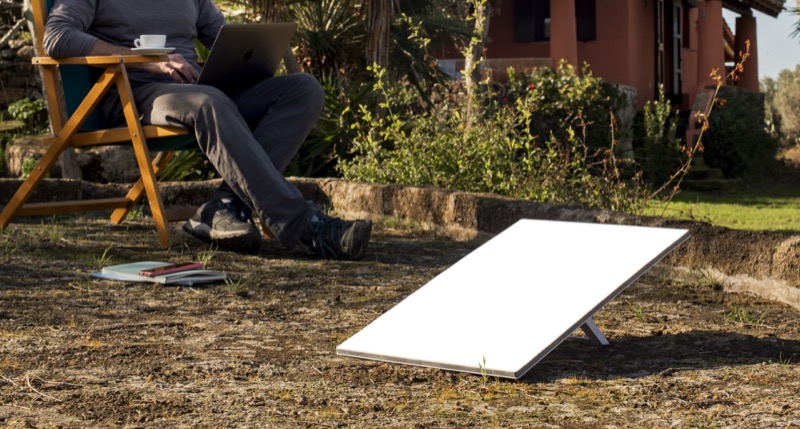SpaceX Challenges Virginia’s $613 Million Broadband Expansion Plan
SpaceX is pushing back against Virginia’s $613 million initiative to expand high-speed internet access, accusing the state of excluding Starlink from the majority of its federally funded Broadband Equity Access and Deployment (BEAD) subsidies.
In a scathing letter to the state, SpaceX criticized Virginia’s approach as a “massive waste of federal taxpayer money,” pointing out that the company was only selected for 5,579 out of 133,000 BEAD-subsidized sites. The company argued that Virginia’s bias towards expensive fiber installations over more cost-effective and technology-neutral options like Starlink is hindering competition and progress in the broadband industry.
The dispute revolves around the BEAD program, a $42.5 billion fund aimed at providing high-speed broadband to underserved areas. Despite a shift towards technology neutrality under the Trump administration, Virginia’s proposal heavily favors fiber installations, awarding Starlink a mere $3.2 million compared to the $6,000–$8,000 per site allocated for fiber projects.
SpaceX claims that it offered to provide high-speed broadband to nearly every BEAD-eligible household in Virginia for $60 million, promising immediate availability compared to the state’s $613 million plan that could take up to four years to implement. The company also asserts that its service meets the program’s speed and latency requirements, making it a viable alternative to traditional fiber optics.
Virginia defended its decision by citing factors such as “tree cover” and “scalability,” which may have influenced the preference for fiber installations. While Starlink dishes require a clear view of the sky for optimal connectivity, they can still deliver internet access even when partially obstructed by trees or buildings.
Interestingly, Amazon’s Project Kuiper, a competitor to Starlink, was awarded nearly 7,000 BEAD locations in Virginia, surpassing Starlink’s allocation. Despite having fewer satellites in low Earth orbit than Starlink, Project Kuiper is making strides in the satellite internet space.
SpaceX is urging the Commerce Department to reconsider Virginia’s plan unless it undergoes revisions that would expedite the program’s implementation. This challenge comes on the heels of Starlink’s recent price reductions for new U.S. customers and the introduction of a Standby Mode for paused plans. Additionally, Starlink is exploring the possibility of allowing multiple subscribers to share a single dish to reduce hardware costs.
As the battle for broadband expansion continues, SpaceX remains at the forefront of innovation in the satellite internet industry, determined to provide high-speed connectivity to underserved areas across the country.

